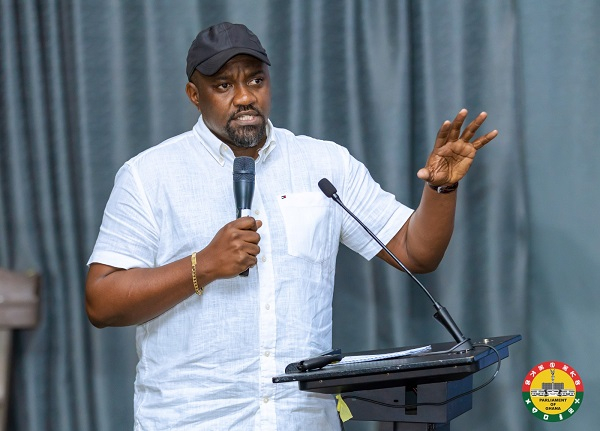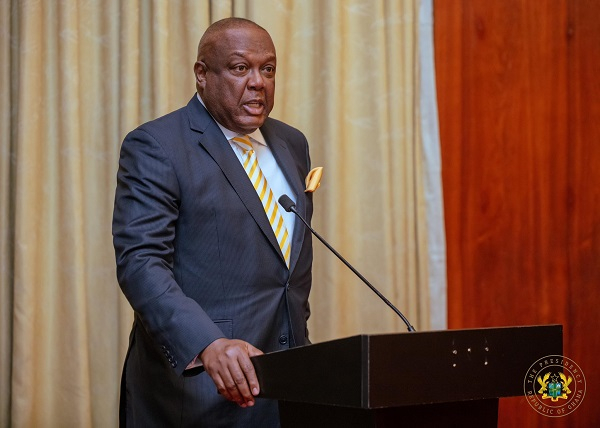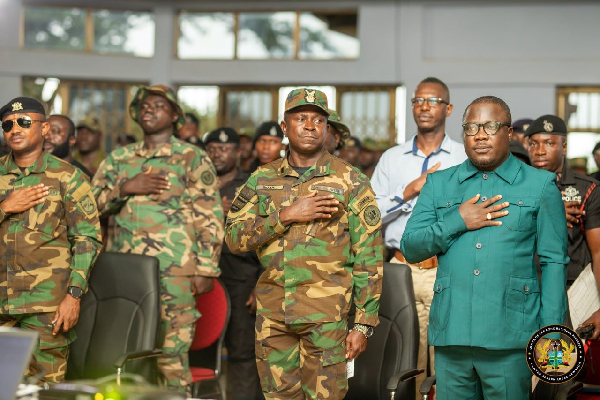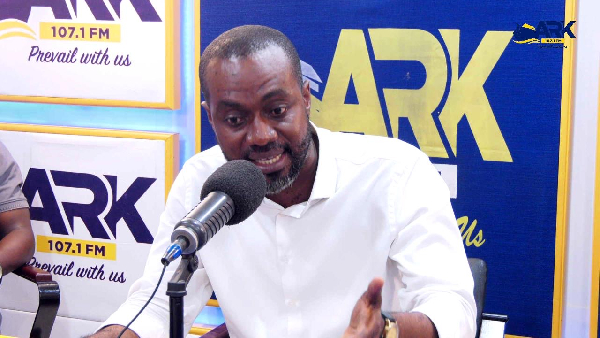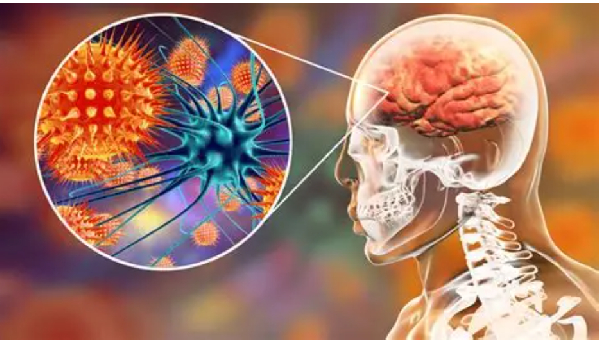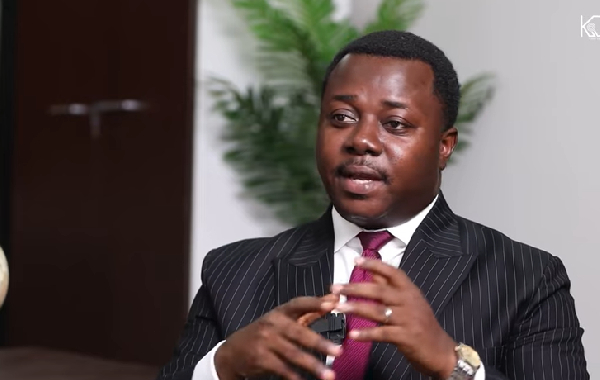🏛️ Ghana Declares Legal Recognition of Only Two Genders at UN Session
At the 59th Session of the United Nations Human Rights Council, Ghana’s delegation firmly restated that only “male” and “female” are legally recognized genders under the country’s current laws.
The reaffirmation came during Ghana’s Universal Periodic Review (UPR)—a global accountability process that assesses the human rights records of all UN member states.
📜 Statement by Ghana’s Delegation
Ghana’s officials made it clear that the country has not enacted any legislation to accommodate additional gender identities beyond the male-female binary.
They cited the following legal instruments as the basis of the country’s position:
-
The 1992 Constitution of Ghana
-
Births and Deaths Registry Act, 2021 (Act 1052)
-
National Identity Register Act, 2021 (Act 1053)
“Our legal framework recognizes only two genders—male and female—as reflected in our constitutional and statutory provisions,” the delegation emphasized.
🌐 Global Reactions: A Divided Discourse
International human rights groups and LGBTQ+ advocacy organizations quickly responded, noting that Ghana’s position diverges sharply from a growing number of countries embracing gender diversity and legal recognition for transgender and non-binary persons.
Critics argue that the binary-only policy may conflict with global human-rights principles, particularly those regarding non-discrimination and equal protection.
🚫 Challenges for Transgender and Non-Binary Ghanaians
The absence of a legal framework to recognize or update gender markers on official documents means:
-
Transgender individuals cannot obtain IDs that match their gender identity
-
Access to gender-specific healthcare and education may be restricted
-
Legal protections for non-binary persons remain unclear or inaccessible
This lack of legal recognition continues to marginalize gender-diverse Ghanaians, limiting their ability to fully participate in civic and social life.
🔍 What’s Next?
While Ghana holds firm on its binary gender policy, advocacy groups are expected to amplify calls for reform, particularly in the lead-up to future legislative sessions and international reviews.
The debate reflects a broader tension between traditional cultural values and evolving international standards on gender identity and human rights.
As Ghana navigates these competing pressures, the question of legal gender recognition will remain a central issue in its ongoing human rights journey.
Source: https://www.modernghana.com/news/1415579/hrc59-ghana-affirmed-only-male-and-female-are.html




